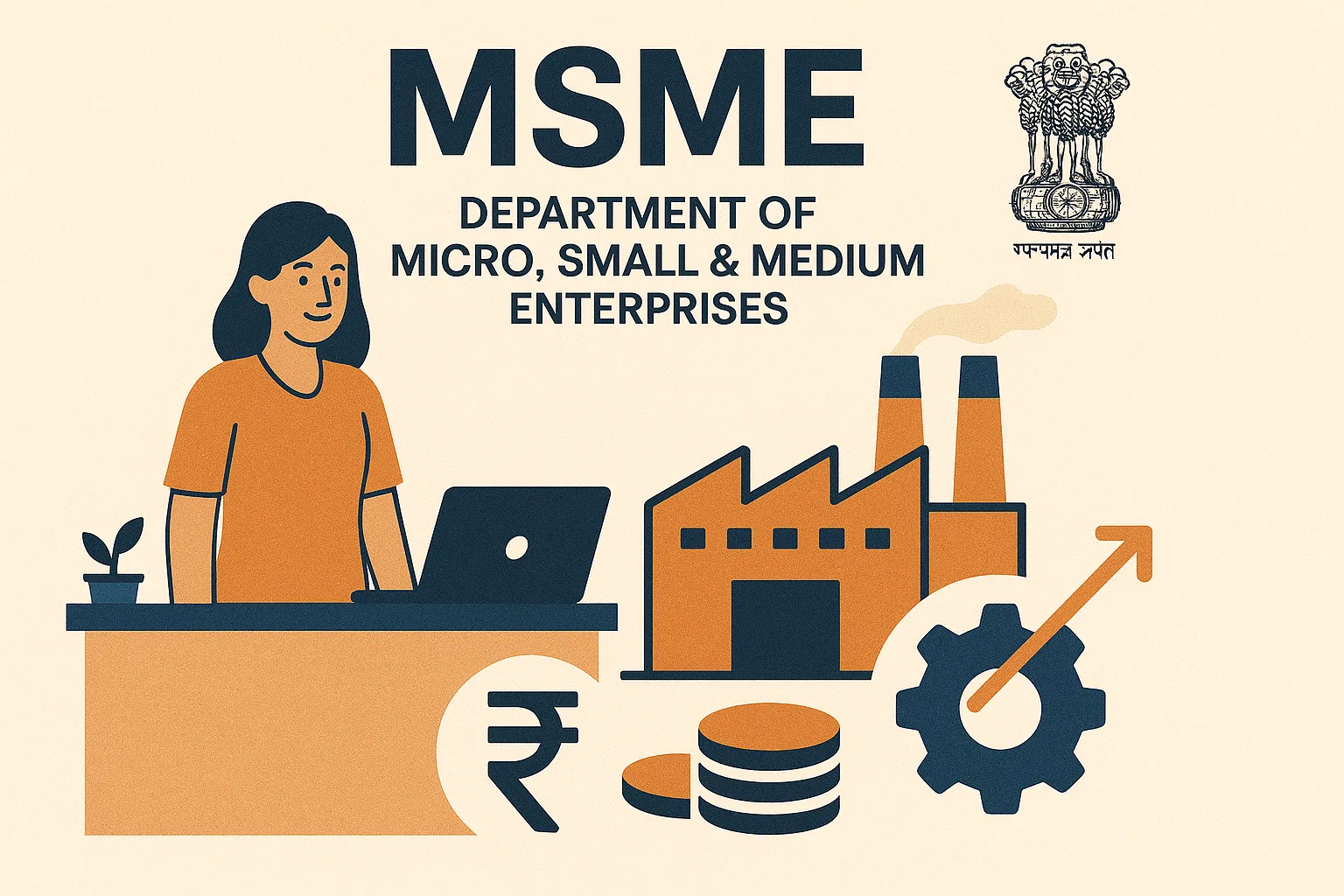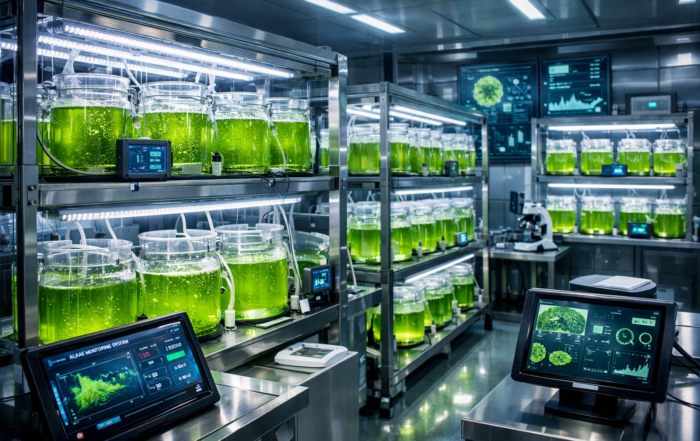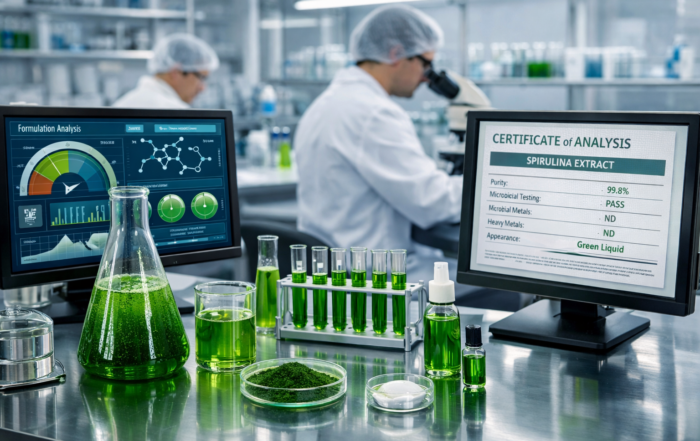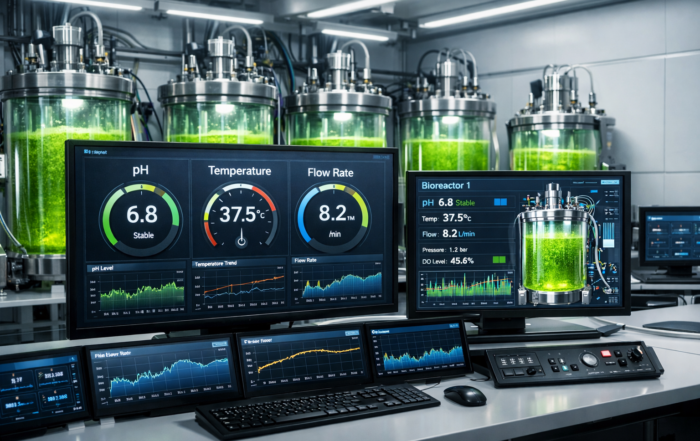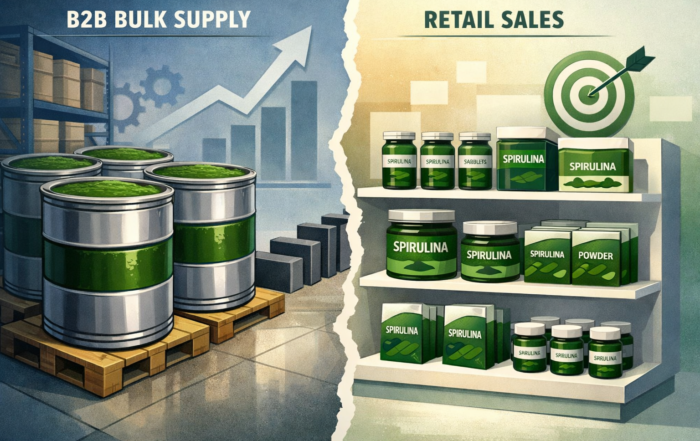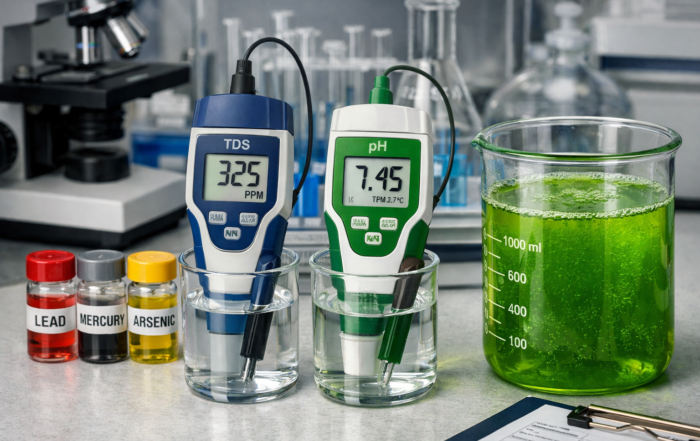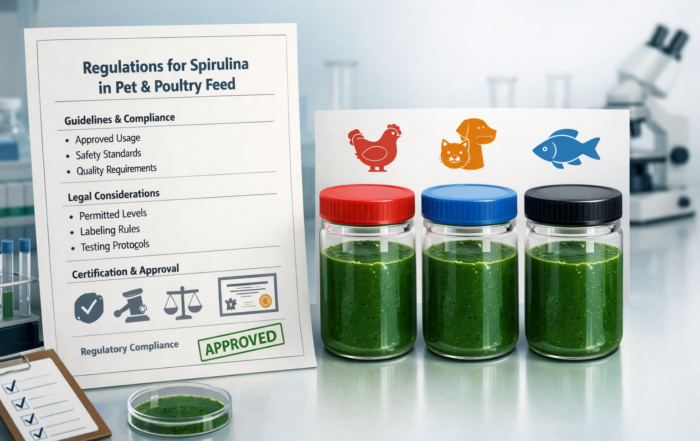Spirulina farming is an increasingly attractive venture in India, especially for first-time farmers and rural entrepreneurs. With India’s growing focus on sustainable agriculture and micro-enterprise development, spirulina has emerged as a priority crop under several government-linked development schemes. Its minimal land requirement, high nutritional value, and adaptability make it ideal for small and marginal farmers. A number of MSME-supported spirulina training programs have been launched to encourage rural youth, women entrepreneurs, and SHGs (Self Help Groups) to take up algae-based micro-farming.
But with all the buzz around these programs, a pressing question remains: Are MSME-supported spirulina training programs really worth it? Can they prepare you to build a compliant, profitable, and high-quality spirulina farm?
Let’s break it down.
What Are MSME-Supported Spirulina Training Programs?
These training programs are typically organized under the umbrella of MSME ministry schemes such as:
- PMEGP (Prime Minister’s Employment Generation Program)
- SFURTI (Scheme of Fund for Regeneration of Traditional Industries)
- KVIC (Khadi and Village Industries Commission)
- Agri-Clinics & Agri-Business Centers Scheme (ACABC)
These initiatives often collaborate with local NGOs, technical institutions, agricultural universities, and biotech startups to offer basic spirulina cultivation training. Sometimes they are held at district industry centers, rural development offices, or agricultural incubation hubs.
Key Features:
- Subsidized or completely free participation
- Basic starter kits may include spirulina starter culture, simplified raceway models, and lab-grade pH strips (optimal spirulina pH range is 9–11)
- Short duration: usually 3-7 days
- Focus on income generation and low-cost micro-enterprise setup
Many of these programs are promoted as part of rural self-employment missions and nutritional awareness campaigns. As such, they often emphasize the health benefits of spirulina as much as its commercial potential.
Advantages of MSME-Backed Spirulina Training
For aspiring farmers with limited resources, these programs offer valuable stepping stones:
1. Low or No Financial Barrier
Most of these training programs are either free or heavily subsidized. For first-time learners, unemployed youth, or self-help group members, this removes a significant hurdle to learning about spirulina cultivation.
2. Increased Awareness and Exposure
They introduce participants to the concept of spirulina as a high-nutrition crop and open the door to exploring it as a viable agricultural enterprise. Many first-timers are surprised by spirulina’s wide applications-from food supplements and animal feed to cosmetic formulations.
3. Starter Resource Access
Participants sometimes receive basic cultivation materials-starter cultures, printed guides, access to group WhatsApp support, or connections to local micro-finance institutions or rural banks. Some even include demo pond setups.
4. Women & SHG Inclusion
MSME programs often prioritize rural women entrepreneurs and SHGs, helping democratize access to algae-based income opportunities. Since spirulina cultivation is relatively non-labor intensive and doesn’t require large land holdings, it’s especially suited for female-led micro-enterprises.
5. Eligibility for Subsidies and Grants
Some programs also serve as pre-qualification for applying to schemes like PMEGP, where trained candidates can receive capital subsidies for setting up a spirulina unit. This makes the training a strategic first step for future funding.
Common Limitations of MSME Spirulina Programs
Despite their value in awareness building and inclusivity, MSME-backed training often falls short in technical and commercial depth:
1. Lack of Scientific Rigor
Many programs offer only an overview of spirulina farming. Key concepts such as optimal C:N:P ratios (24:14:1), dissolved oxygen (DO) management, and organic nutrient supplementation using OMRI-listed inputs (excluding synthetic fertilizers like urea) are frequently omitted.
2. No Organic Certification Training
USDA Organic, EU Organic, or India Organic protocols are rarely covered, even though they are essential for commanding premium prices and entering export markets.
3. Limited Hands-On Learning
Participants typically have limited hands-on management of live spirulina cultures, minimal exposure to contamination management using 80-mesh screens and SS 316-grade equipment, and little practical training with recommended drying methods (Refractive Window Drying at 35–45°C or Vacuum Drying at 40–50°C).
4. No COA Documentation Guidance
Little to no guidance provided on generating or interpreting Certificates of Analysis (COA), which must detail moisture (<9%), protein (>60%), phycocyanin (≥10%), microbial load (Total Aerobic <50,000 CFU/g; Yeast/Mold <100 CFU/g), and heavy metals (e.g., Lead <0.20 ppm).
5. Post-Training Support May Be Absent
Once training is over, participants may be left without access to mentors, quality testing labs, or farm setup guidance, leaving them unable to implement what they learned.
MSME vs Private Spirulina Training: Quick Comparison Table
| Feature | MSME-Supported Training | Private/Commercial Training |
| Cost | Free or Subsidized | ₹25,000 – ₹60,000 |
| Duration | 3-7 days | 7-15 days (can extend to 1 month) |
| Curriculum Depth | Basic | Intermediate to Advanced |
| Hands-on Exposure | Limited | Extensive |
| Organic Certification Modules | Rare | Common |
| COA Interpretation | Rare | Included |
| Access to Drying Equipment | Limited or no access | High (vacuum, refractive window) |
| Post-Training Mentorship | Minimal or None | Often Available |
| Export Readiness | Low | High |
Who Should Consider MSME Training?
MSME spirulina training can still be a great starting point for:
- Rural youth and small farmers looking to explore algae farming as a livelihood
- Women’s SHGs interested in creating nutritional supplements for local markets
- Agricultural students looking for exposure to alternative farming models
- NGO groups promoting nutrition security through micro-cultivation
Who Should Opt for Advanced Private Training?
You should consider private, lab-based training programs if:
- You plan to set up a 0.25-acre or larger commercial unit
- You want to obtain USDA/EU Organic certification
- You aim to produce export-quality or high-grade spirulina for supplements
- You need help with documentation, audit SOPs, and long-term scale-up
- You’re building a brand around purity, consistency, and premium quality
Are MSME Training Programs Worth It?
Yes, If:
- Your primary goal is exposure and awareness
- You’re part of a rural or community-based initiative
- You’re seeking eligibility for micro-loans or government subsidy schemes
No, If:
- You’re investing significant capital and need a predictable ROI
- Your objective includes meeting strict nutritional benchmarks or export standards
- You require technical depth, real-time contamination training, and certification guidance
Final Verdict: Awareness Tool or Commercial Launchpad?
MSME-supported spirulina training programs play a vital role in grassroots awareness, democratization of opportunity, and nutritional literacy. They are especially impactful in rural India where access to technical farming knowledge is often limited.
However, they should not be viewed as standalone solutions for building a commercial, compliant spirulina farming business. At best, they are a first step-useful for gauging interest, identifying micro-farming potential, and accessing local funding pathways.
For serious entrepreneurs, private and hybrid training programs offer the curriculum depth, hands-on exposure, and certification readiness required for long-term success.
Want to see how full-scale training differs? Explore our detailed guides:
- The Full Spirulina Farming Setup: From Pond to Pack
- Spirulina Quality Control in Mass Production: Ensuring Consistency and Safety
- Common Myths About Spirulina Farming Busted

